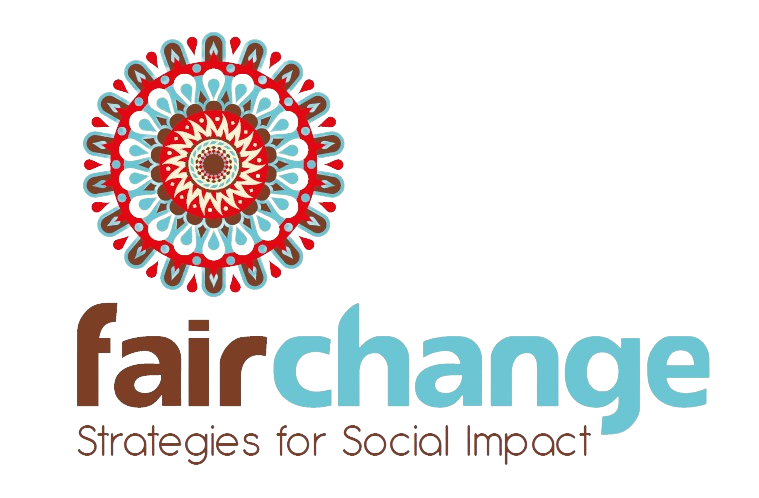With the adoption of the Forced Labour Regulation on December 13th, 2024, the EU is putting an end to products made with forced labour on the market. And that’s about time. Here is what your business needs to know to start preparing.
An estimated 27.6 million people worldwide are forced to work against their will and under threat of punishment, including children. Forced labour occurs mainly in the private sector, across industries, and in low and high-income countries alike.
Workers suffering physical or indirect abuse
It means there’s a significant risk the products consumers buy can be traced to by workers who suffer physical abuse, don’t receive wages, are trapped in a debt that they can’t pay off, or work in unsafe or even life-threatening environments – to name just a few common forms of forced labour.
According to the 2024 ILO study “Profits and poverty”, the annual profit generated by forced labour in the world today totals a staggering USD 236 billion.
EU transparency and supply chain laws
The Forced Labour Regulation (FLR) addresses this problem. It forbids the placing and making available on the EU market or exporting from the Union market, of any product made using forced labour.
The FLR is the latest in a series of new EU transparency and supply chain laws, representing another step forward in promoting responsible business conduct and protecting the rights of workers and children around the world. It covers any company operating in the EU, and independent of company size.
For companies, the Regulation has the potential to streamline social sustainability efforts, fostering increased trust, brand reputation and credibility among customers.
Businesses have three years to prepare
Businesses have three years to prepare before the FLR starts applying on 14 December 2027. Here is an overview of the FLR timeline and other key things to know about the Regulation (free download).
Resources
Official Journal of the European Union: FORCED LABOUR REGULATION (EU) 2024/3015 adopted text
International Labour Organisation (ILO), 2024: Profits and poverty: The economics of forced labour

